Middleburg Humane Foundation Celebrates More Than Two Decades of Nurturing animals
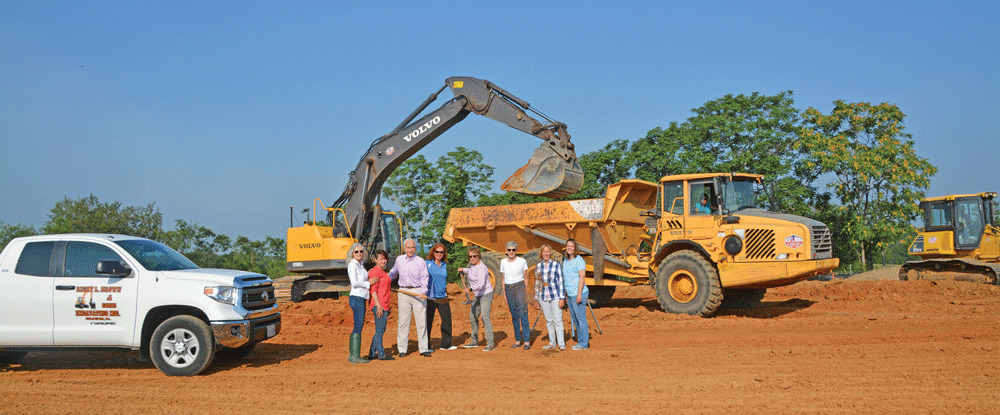
By Aimée O’Grady
Since the inception of Scruffy’s Ice Cream Parlor in 1987, founder Hilleary Bogley had a vision to create a local animal shelter. Scruffy’s Strays found its humble beginnings through donations and involvement from the community. Steve Harkabus, one of the original three board members, met Hilleary at the ice cream parlor while visiting Middleburg and struck up a friendship. That friendship helped establish the Middleburg Humane Foundation in 1994. For more than 24 years, Harkabus, Bogley and Rose Rogers have helped carry its mission to raise awareness and provide care for animals in need.

“We originally set out to help abused animals or those that were at-risk or neglected,” says Harkabus. “Over the years, we have stayed true to this mission.”
The foundation uses education to help owners properly care for their animals, which gives them the best results. “We couldn’t set out and be aggressive and tell owners they were neglecting their pets. If we had, they wouldn’t have given us access to the animals, and that’s what was most important, gaining access to the animals so we could care for them,” says Harkabus. Educating the public has always been a focus of what the foundation offers.
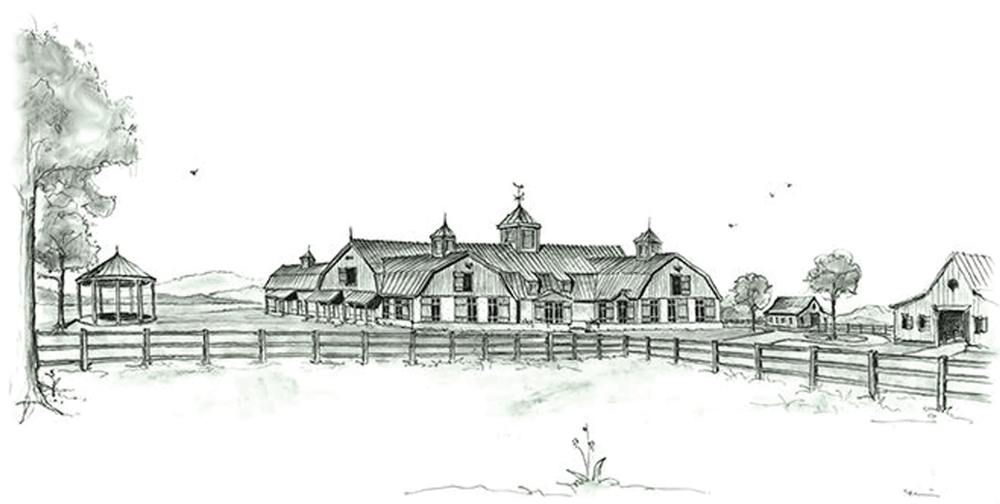
The organization grew gradually, eventually increasing to nine board members and a shelter bursting at the seams. With a generous donation by board member Lisa Ben-Dov and her husband Zohar, 23 acres of land on the western side of Marshall was given to the foundation for the construction of a new facility.
With the new shelter under construction, the foundation looks to the future. “The upgraded facility will help the foundation grow all of its existing programs and expand our operations,” says John Muss, MFH board of directors chair. “We will be able to create services in the future that were out of reach in the past and help make Middleburg Humane Foundation a regional organization.”
Today, the Middleburg Humane Foundation serves as both a shelter and an educational facility. One of their most effective programs is the Community Cats Trap, Neuter and Return (TNR). This program helps to control the feral cat population. MHF also offers behavior training, equine rescue, grooming, and even wildlife emergency care. The foundation is one of the only rescue facilities in the region that offers care to equines and other livestock. Once medical treatment is provided, all animals become available for adoption, pending home inspections and approvals.
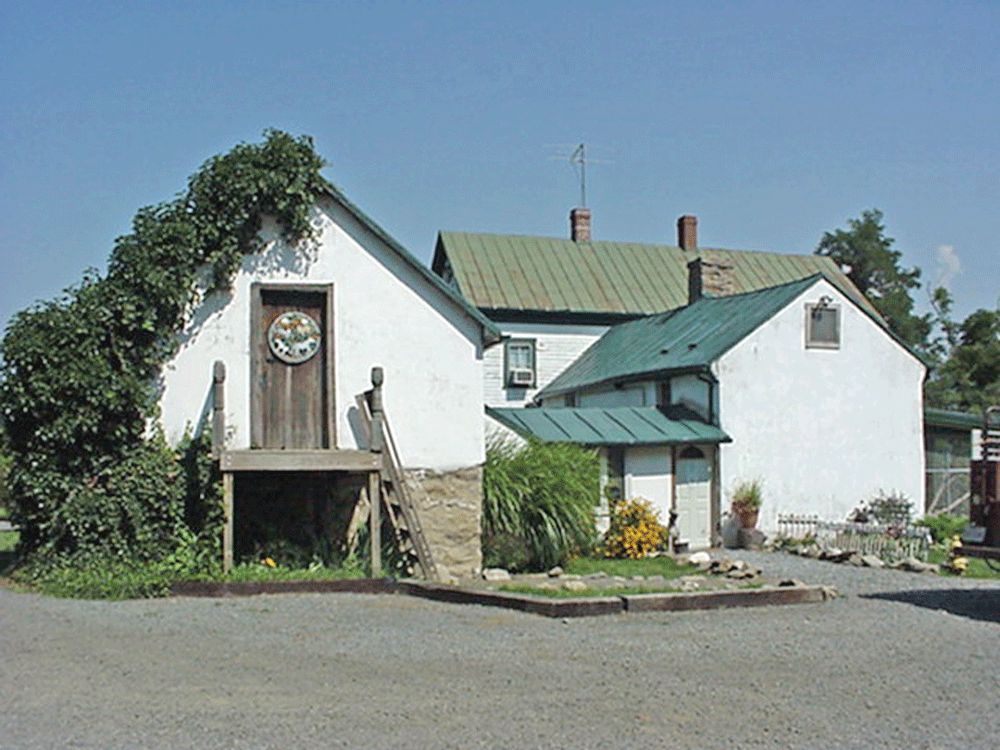
Muss acknowledges that Middleburg Humane Foundation could not accomplish what it does without the help of the foundation’s volunteers. “Several years ago, we took in over 80 King Charles Spaniels from an abusive situation; some of them were pregnant. If it weren’t for the help of our volunteers, we would not have been able to provide them with the care they required,” he says.
McCauley Alexiou, the volunteer coordinator, manages a list of more than 250 volunteers, some as young as 5 years old. Each one attends an orientation program and is assigned any number of tasks at the facility. This number does not reflect the approximately 20 individuals who foster rescue pets for the foundation. Alexiou has a volunteer retention rate of 84 percent, some of whom have been there for 20 years.
Muss feels that volunteers are the second most important part of the foundation, the first being donations. “We are a unique organization in that we will take any animal and provide it care,” he says. “We take in an average of 600 animals every year, from swans to peacocks, to horses and goats, and that comes at a price.”
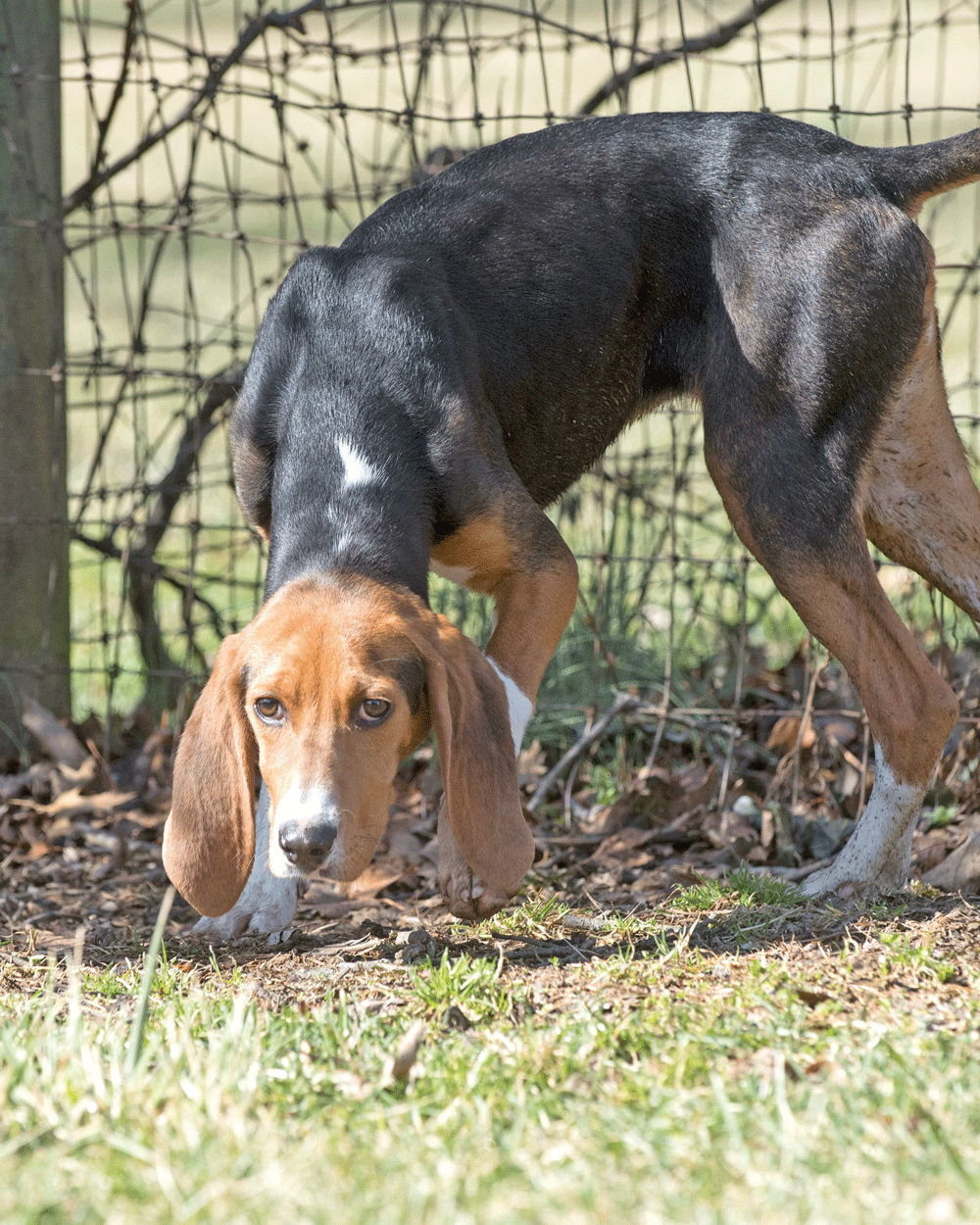
The foundation does not receive any government funding; the operations are funded through the generosity of its supporters and fundraising events. While fundraising was fairly basic early on, it has become more involved and moved up on the list of priorities.
Melanie Burch, director of development, says, “If it means we operate in the red for a period, we will do that. What we won’t do is turn animals away that need medical attention.”
In 2014, this philosophy was put to the test when Pebbles, a 1-year-old, potbellied pig, was burned in a Warrenton house fire. The foundation took Pebbles in for recovery, to the cost of $7,000. To help Pebbles’ needs, a fundraising effort was organized. Approximately one year later, Pebbles returned to the foundation for minor injuries related to yet another house fire, and the foundation did not hesitate to take him in again.
For large projects, such as the new facility, capital campaigns are launched. “When the new facility is complete, we will turn our attention to building an endowment fund. Our goal is a 2.5-million endowment that, with wise investments, will yield approximately $150,000 annually and help offset our operating costs. This will enable us to focus less of our attention on fundraising and more on executing the foundation’s mission,” says Muss.
The capital campaign for the new facility will not compromise funds for existing foundation programming. “Our goal is to have the facility finished without loans,” says Harkabus. “Once doors open, all
donations we receive will go towards the foundation as usual.”
The capital campaign fundraising goal was set at $4,000,000, and 81 percent of this has been raised to date.
Tom Wiseman, President of Wiseman & Associates Wealth Management, explains that “most people think about writing a check at the end of the year when giving to their favorite non-profit. While these ‘immediate’ gifts are vital to the ongoing operations of the organization, there are other methods of gifting that can make a meaningful impact on the long-term future of your non-profit.” He suggests naming a favorite organization as a beneficiary of a will, a trust, or a life insurance policy. “This is a great way to leave a significant legacy gift to organizations that have earned your support,” he explains.
Other giving options include gifts of appreciated stock that provide funds for the non-profit while allowing the donor to avoid capital gains taxes. Charitable Remainder Trusts, Gift Annuities, and Charitable Lead Trusts are more complex options that can provide legacy gifts as well as lead to increased income and substantial tax benefits.
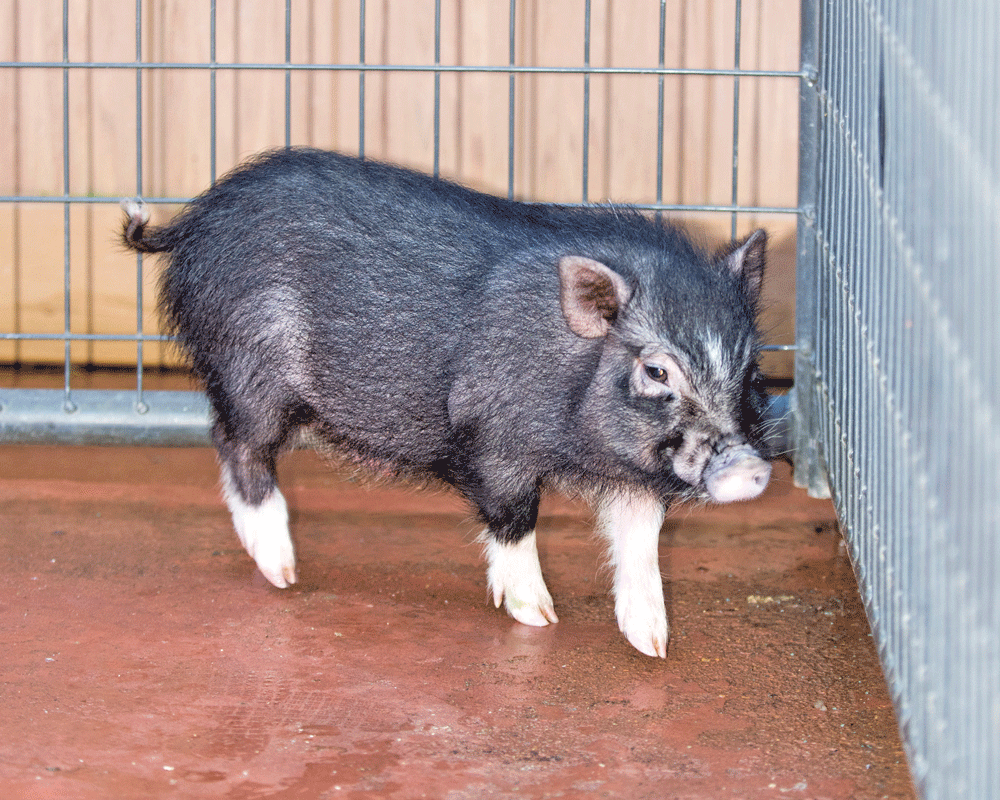
From a mere three-person board of directors to a thriving foundation with 10 people on the board and nearly 300 volunteers serving countless animals and people every year, the Middleburg Humane Foundation continues to demonstrate sustainable growth. To support the organization into the next two decades, the foundation asks community members to consider establishing a gift of a trust to benefit the organization. Grantors can make donations today to the Middleburg Humane Foundation in addition to other supported organizations and reserve the right to make changes at any time. ML
To learn about the foundation’s programs or more about designating Middleburg Humane Foundation a beneficiary under a will, visit their website at www.middleburghumane.org.


